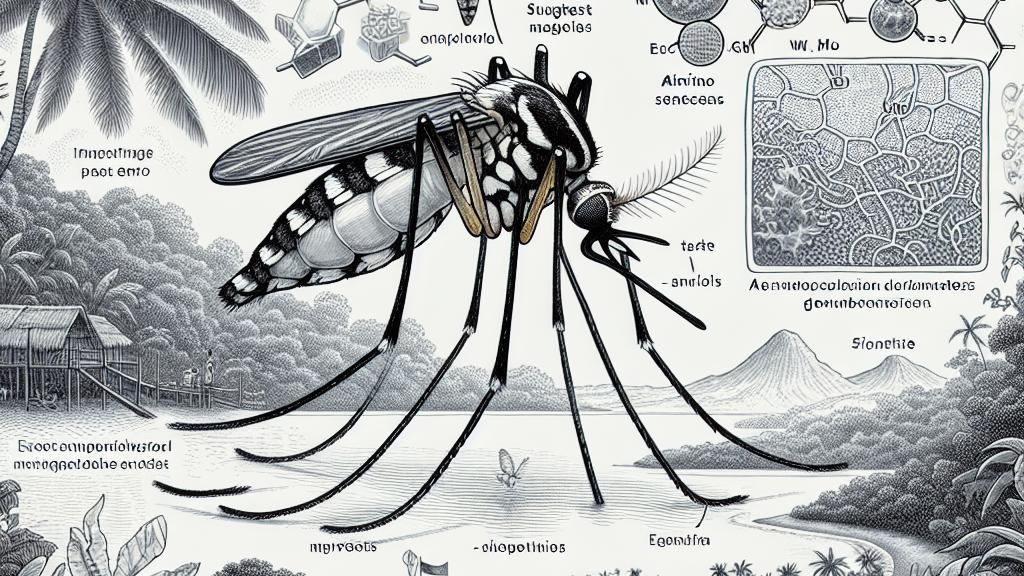Understanding Mosquito Attraction: The Role of Taste and Sweat
Overview
- Explore the intriguing connection between human sweat and mosquito attraction.
- Discover how diverse taste compounds can impact mosquito biting behaviors.
- Examine innovative strategies that may transform mosquito bite prevention.

The Mosquito Study Background
A groundbreaking study from Yale University shines a light on the enigmatic behavior of the Asian tiger mosquito, or Aedes albopictus. Once limited to the lush landscapes of Southeast Asia, this adaptable mosquito has spread its wings across six continents, becoming a notorious carrier of diseases such as dengue fever and chikungunya. This research is compelling because it investigates the little-known taste preferences of these insects, revealing layers of complexity in their interactions with humans. The scientists embarked on an impressive journey, experimenting with 46 different taste compounds—ranging from tantalizing sugars to sharp salts and even intriguing amino acids—to discover how specific neurons in the mosquito's taste sensory organs respond to these substances, thereby influencing their feeding choices.
Taste Compounds and Their Effects
What makes these findings particularly fascinating is the unexpected behaviors revealed about taste interactions. For example, while certain bitter compounds act as effective deterrents—keeping the mosquitoes at bay—combinations of salt and amino acids, often found in human sweat, serve as irresistible invitations. Imagine how the scent of a fresh bakery draws you in—mosquitoes experience a similar allure from our skin's chemical cocktails. The nuances in these reactions explain why some people, perhaps those with a higher concentration of certain compounds in their sweat, become frequent prey for these biting insects. It’s as if our bodies are hosting a feast, where the selection varies from person to person, making the environment ripe for these cunning creatures.
Implications for Mosquito Control
The implications of this research are not just academically intriguing; they offer a real chance to enhance public health strategies aimed at reducing mosquito bites. By pinpointing specific taste-related compounds that repel mosquitoes, scientists could pave the way for revolutionary bite prevention methods. For instance, just as a chef crafts a meal with a balance of flavors, researchers might manipulate human sweat’s chemical makeup to repel mosquitoes effectively. This becomes increasingly vital as climate change broadens the habitats of Aedes mosquitoes and raises the stakes for potential disease outbreaks. Consequently, these findings not only deepen our understanding of mosquito behaviors; they also hold the key to developing effective preventative measures, empowering people everywhere in the ongoing battle against these persistent and pervasive pests.

Loading...